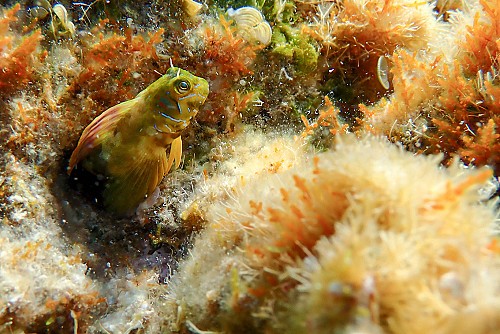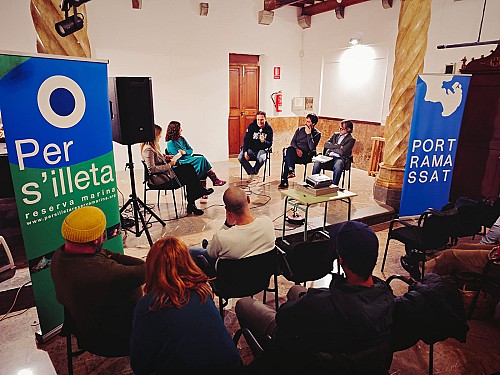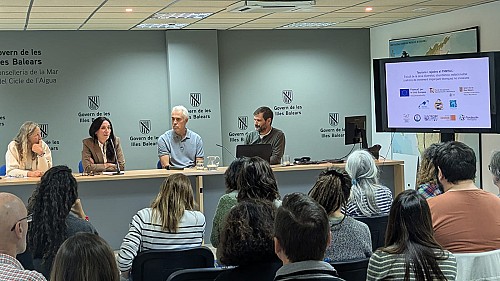The government of the Balearic Islands said this week that it does not want to protect more, but rather to protect better. We reject this false dichotomy. It is possible to do both: protect more and protect better. More and better protection of the natural capital from which our well-being and economic prosperity emanate could be a course of action for the future Sustainability Pact currently in the making. Marilles is one of the few organisations that still have some hope for this Pact. However, what hope can we have if, in the middle of the participatory process, the government makes it clear that it does not want to protect more, whether the Pact says so or not?
A few days ago, the government also announced the creation of the Ponent (Western) Marine Reserve. But this ‘new’ reserve is actually a modification of the Toro-Malgrats Marine Reserve. Broadly speaking, it means a one-third reduction of its surface area, going from nearly 30 km² to around 20 km². A loss of 10 km² of marine protected area (MPA) is never good news, and even less so in the context already described. It’s one thing for the government not to want to protect more, but it’s another thing entirely to fail to protect what already exists. Taking a closer look, it is fair to say that there are positive aspects to the new proposal: Illa del Sec, an area of great ecological value, has been incorporated into the Ponent Marine Reserve; 1 km² of highly protected area has been added; and the few fishers who were still reluctant about the marine reserve now see it in a favourable light.
We at Marilles understand the reasoning behind the change, but we are concerned about the low level of ambition concerning the high level of protection of the sea demonstrated by both the proposal for the new Ponent reserve and the Balearic government. With the new proposal, the highly protected MPA in inland waters, i.e. those managed by the regional government, would increase from 1.66% to 1.7%. This 0.34% increase in 18 months of the legislature and with almost nothing on the planned horizon gives us no reason to be overly optimistic. Numbers and percentages are the most objective way of evaluating the government’s action, whether in km² of protected area or euro committed to marine conservation.
If the Balearic government does not want to protect more but instead wants to protect better, it can demonstrate this by declaring more areas as highly protected within the current MPAs; increasing the budget to improve surveillance, monitoring, conservation, and management plans, and publishing a timetable for achieving these objectives.
Despite the loss of 10km², the government has an excellent opportunity to demonstrate that it really wants to protect better. Here is our proposal: Since the reserve is being cut by a third, a third of what remains should have high protection. This is what we asked for three years ago. It is a great opportunity to show more ambition in conserving the Balearic Sea. And it is feasible if done carefully.
We know that when we let the sea breathe, it fills with life. In a protected sea, there are more and bigger fish. The data shows that, in general, the Balearic Islands marine reserves give very good results. And this benefits everyone. It is good for fishers because it allows them to catch more with less effort; it is good for tourism and the nautical sector because it guarantees crystal-clear waters; and it is good for the public who can dive, swim, contemplate, play, and, in short, enjoy a clean and well-preserved sea.
We encourage the Balearic government to follow its own recipe by declaring a third of the new reserve to be highly protected and to commit the necessary resources and budget so that this and all the MPAs are managed effectively. That is to say, with the surveillance, monitoring, and funding that they deserve. We encourage the government not to back down but insteadn to take a brave and decisive step towards the protection of the Balearic Sea and, with it, the future of the Balearic Islands.





